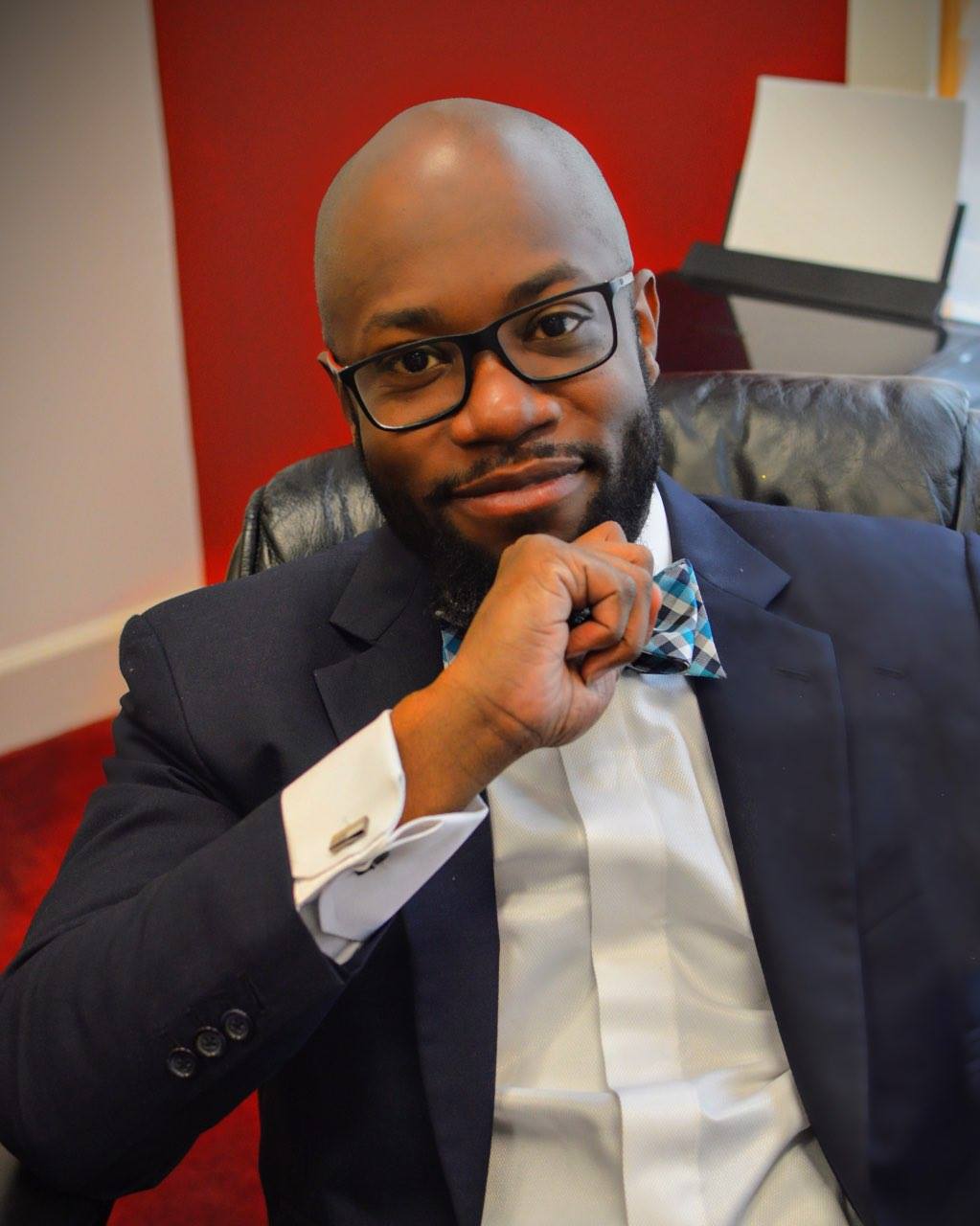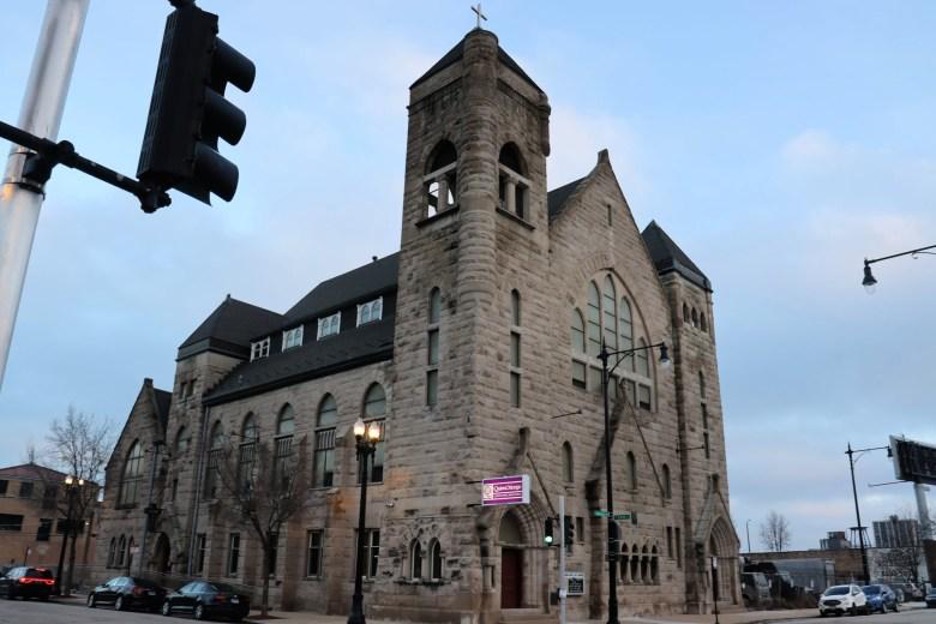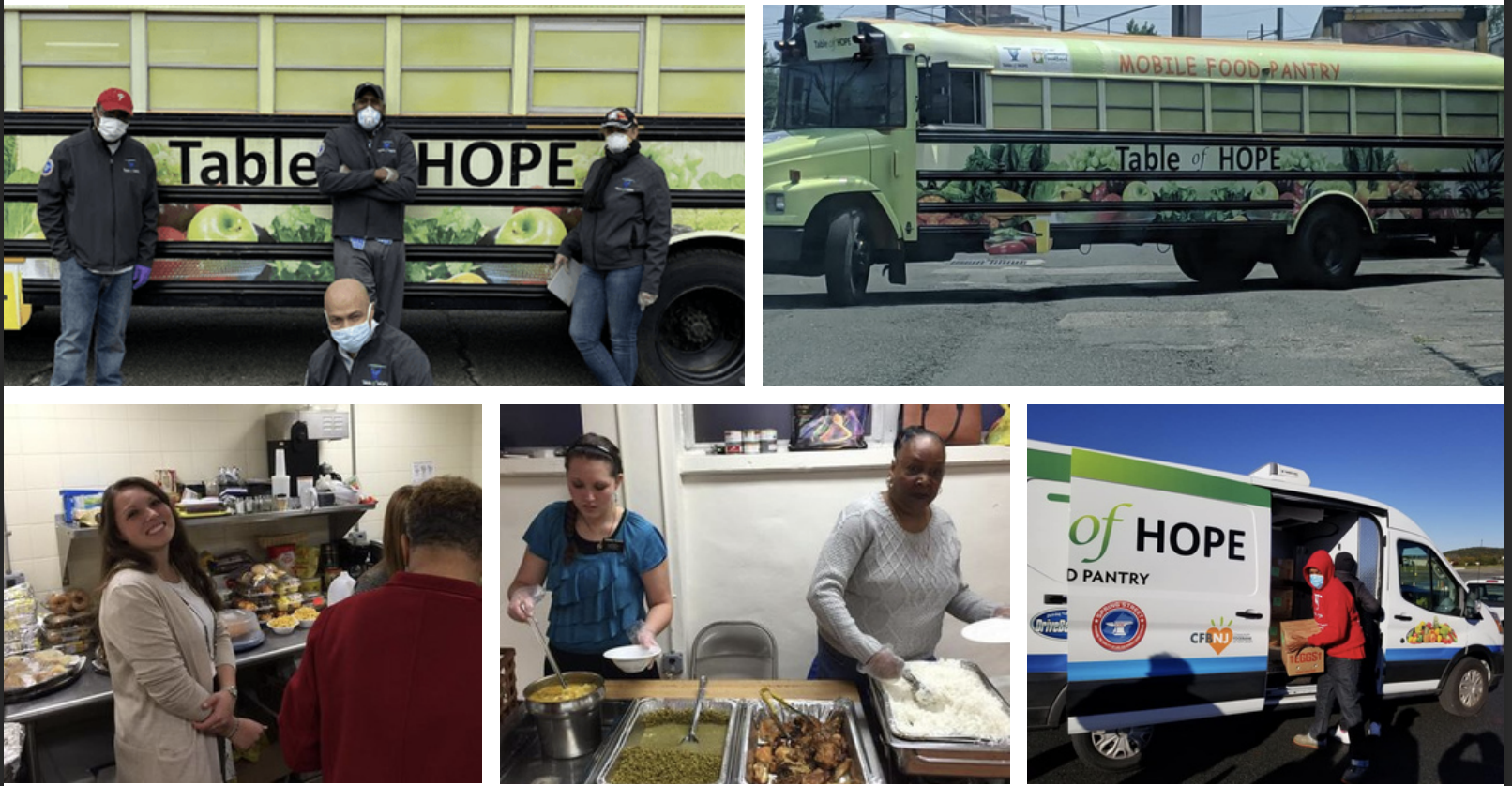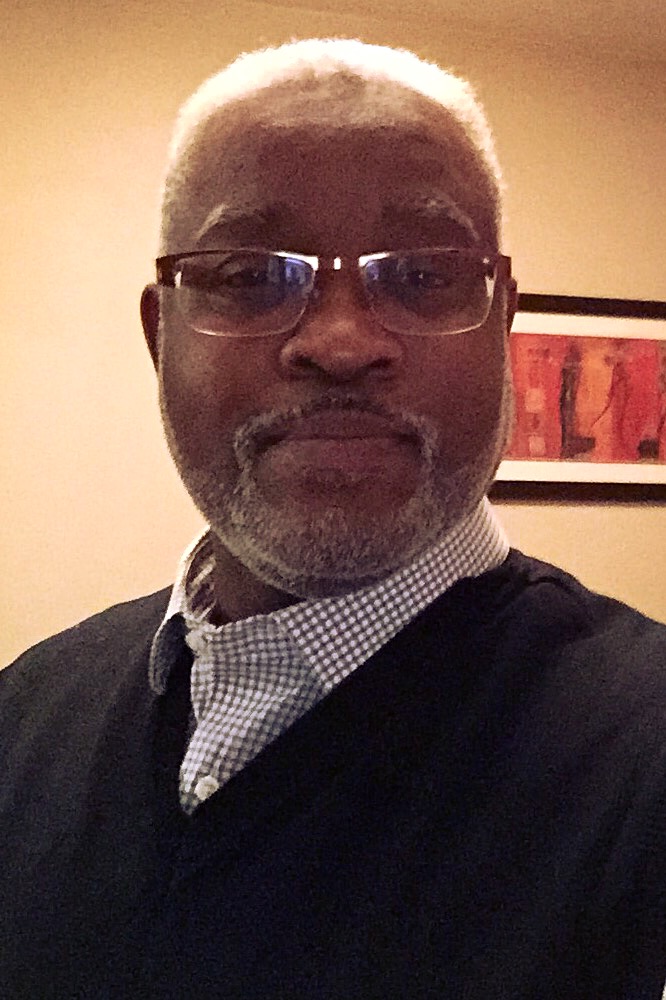Peace and Justice Require More Than Charges and Convictions
By Rev. Dr. Willie Dwayne Francois, III
A report of a counterfeit $20-bill ignited the embers of a racially-traumatized nation, weathering an unprecedented shutdown in a once-in-a-century public health crisis. The peaceful pandemic revolts against police killings and systemic racism represent decades of frustration and situational public heartbreak no longer muzzled by beliefs in the nation’s capacity to self-correct or “age out” of its foundational demon of white supremacy. As protesters crowd streets and parks, multiracial networks of resistors brave the COVID-19 pandemic to be antibodies for the pandemic of white supremacy.
Again, we see our nation’s racial politics of protection ascribe more value to flame-raptured buildings and broken windows than to broken Black necks, tightly-cuffed Black hands, unwarrantedly-beaten Black bodies, and a suffocated Black voice emerging from the concrete of a Minneapolis street. The swell of resistance flooding streets from Los Angeles to Washington, DC cracks open the window of political opportunity for our nation to achieve systemic change and not just charges and convictions.
While in police custody, George Floyd’s life arrested the nation’s moral imagination as video footage of him beckoning for his deceased mother and echoed the chilling words of Eric Garner as Derek Chauvin kneeled on his neck for eight minutes and 40 seconds. In broad daylight, Floyd’s final gasp for breath heartrendingly waved a magnifying glass over the intersection of policing culture, racism, and poverty. Ex-officer Chauvin aside, White supremacy suffocated the life of George Floyd in accordance to the American tradition of anti-blackness, not because of a counterfeit $20, the assumptions of intoxication, or resistance to arrest. It is a heritage to destroy Black bodies and shield oneself behind mythic innocence in a nation built on stolen land by stolen people.
Due to racist paranoia, we perpetually render Black people as some “thing” upon which to be chronically feared, politically controlled, and devastatingly preyed. Black people are treated as nameless people only made visible by impositions of whiteness and state-control. The idea of whiteness transcends merely white people. It is a doctrine that is at work in the halls of power in America and negates the possibility of Black power, equality, beauty, and freedom. The mass dehumanization of Black bodies—a myth daily ferried into fatal realities by police who criminalize Black people—symptomizes the “mis-humanization” of whiteness. Whiteness, as a logic of social hierarchy and control, betrays humanness. It remains dangerous and inhumane as long as it devours the possibility of Black human flourishing.
Floyd relocated to Minneapolis seeking employment through a Christian work program. Ultimately, George Floyd lost his source of income as a bouncer when Minnesota’s governor issued the state’s stay-at-home order due to the novel coronavirus-induced economic freeze. His alleged attempt to pass an imitation $20 only underscores our need to provide greater economic securities for the most neglected—the very people victim to over-policing and excessive police force.
The co-mingling of racism and poverty—functions race and class—haunt the protocols and priorities of urban policing as segregated poor Black communities live walled in by blue lines of unfounded suspicion, unchecked surveillance, and unnecessary force. Justin Feldman—an NYU researcher—uncovered that police violence could even reduce children’s school attendance and increase symptoms of depression among black people. George Floyd lived both Black and poor in a city storied by police crimes and abuses.
Anti-Black policing also takes shape around anti-poor policing. In the U.S., Black residents experience the threat or use of force by police twice as much as white people and police kill Black residents two and half times more often than whites. Black people, the architects of U.S. wealth, are two and a half times more likely to be poor than whites. James Baldwin proffers, “Anyone who has ever struggled with poverty knows how extremely expensive it is to be poor.” Impoverished communities expend significantly more for housing than communities of U.S. residents—sometimes 70% or 80% of their income. In 2018, low-income households paid over half their income for rent or lived in substandard housing. Charges and convictions fail to address the ways we police Black poverty or eradicate Black poverty—the longest surviving descendant of chattel slavery.
Real peace and justice require more than charges and convictions against individual police officers. Some mandates of restructuring the practice of policing and installing a sturdy economic floor for communities historically vulnerable to predatory policing include, at least, mandatory appointments of special prosecutors to conduct grand jury hearings in cases of police activity that ends in fatalities; the institution of requisite quarterly anti-racism training and the development of techniques for de-escalating encounters; implementation of police-community residency requirements obligating officers to live in the neighborhoods they are assigned to serve; the establishment of a national police registry mandating state and local law enforcement agencies report the conduct of all officers; defunding police militarization and asset forfeiture programs to redirect resources to communities severely impacted by poverty and over-policing; and legislation for a guaranteed annual income or jobs guarantee nationally.
This moment is ripe for police reform and economic policy innovation. As people of faith and conscience, George Floyd’s life, survival of poverty, and state-sponsored death summon us beyond the immediate gratification of criminal charges and convictions. Peace and justice—shalom—depend on our willingness to join these pandemic revolts, recast a vision for economic justice, and lend our outspoken advocacy for destabilizing a police state dependent on Black poverty.
Willie Dwayne Francois, III serves as the senior pastor of Mount Zion Baptist Church in Pleasantville, New Jersey; president of the Black Church Center for Justice and Equality, and an Economic Justice Fellow for Community Change. He holds degrees from Morehouse College and Harvard Divinity School and earned the Doctor of Ministry from Emory University. He serves as a member of the Martin Luther King, Jr. Commission of the New Jersey State Department and Board of Directors of the Samuel DeWitt Proctor Conference. Francois co-authored the book Christian Minister’s Manual: For the Pulpit and the Public Square for All Denominations. He also has bylines in HuffPost, The Hill, Religion Dispatches, Sojourners, and Christian Century concerning a range of matters pivoting around race, class, and religion in America.





